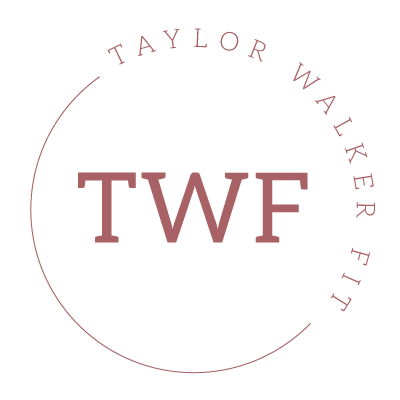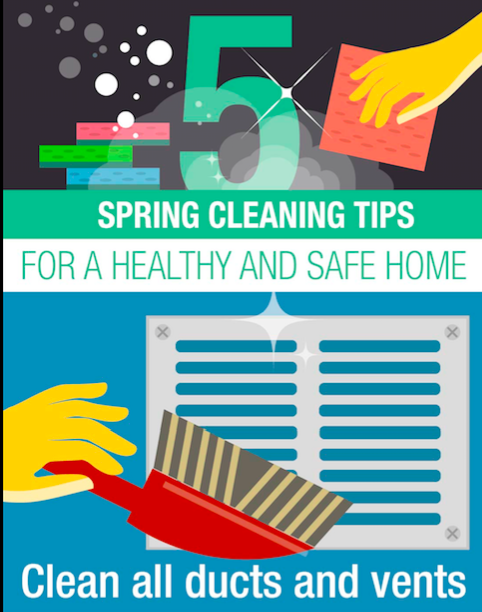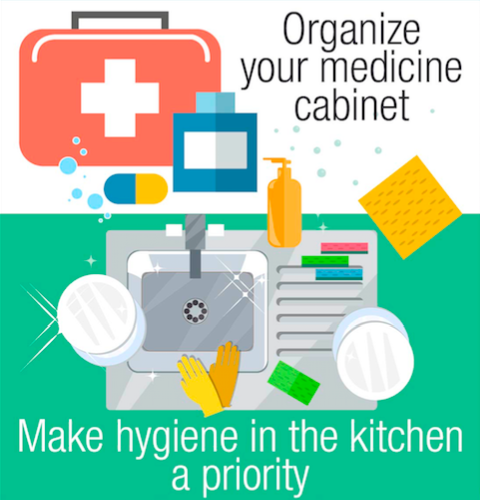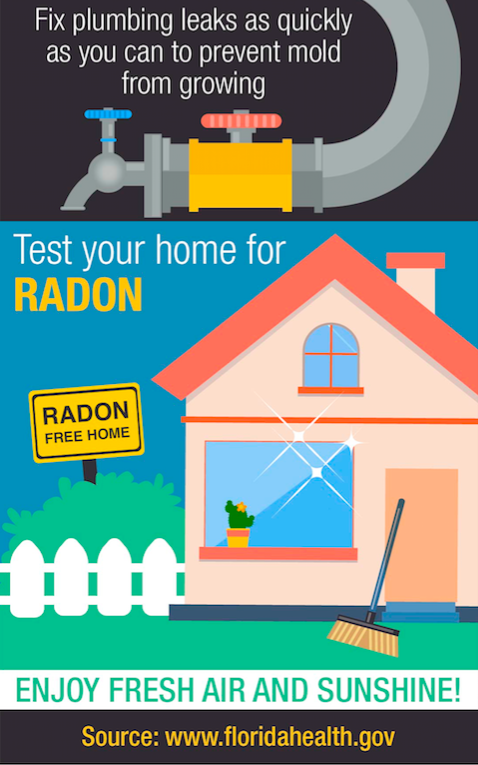
Yesterday was the first day in about a week that I did not wake up with a full chest and stuffy nose! Thanks to this pregnancy, allergy symptoms are getting the best of me, yet I cannot take any meds for relief and have turned to nasal rinses and lots of water to help me get through. Cory has been an allergy sufferer for the majority of his life. He underwent sinus surgery two years ago and is on sublingual drops, so we need to be as diligent as possible to make sure to keep his symptoms at bay. Unfortunately and fortunately, Spring is upon us and all those flowering blooms can wreak havoc on your eyes, ears, nose, and throat and today, Baptist Health South Florida is here to help!
Baptist Health Primary Care Physician Rozan Razzouk, M.D., believes climate change may be to blame for the increase in seasonal allergies. He says: “In a subtropical climate like South Florida, where there’s a lot of trees and more rain and wind to spread pollen, people are more prone to being affected.” According to a research study, the pollen count is supposed to almost triple by the year 2040. The study also found that allergy season, usually spring will start earlier every year. In areas of high humidity, like South Florida, doctors seem to see patients for itchy eyes, sneezing and coughing caused by pollen all year long!
Antibiotics and Allergies:
As this article states, children given antibiotics within the first six months of life increases their chance of having allergies to pollen and dust and doubles their risk of asthma by 50 percent, the study also draws a link between acid-suppressant medication and allergies and asthma. “Any medication that targets the body’s microbes can throw the immune system off balance,” Dr. Razzouk said. “An allergy is the result of the body’s overreaction to a foreign substance, like pollen, in an attempt to get rid of it.”
Tips on Controlling Seasonal Allergies:
Avoid allergy triggers: The article suggests downloading a pollen monitoring app. You can use the apps to track your symptoms and monitor pollen levels in your area.
Stay indoors: Pollen tends to be the strongest between 5 A.M. and 10 A.M. The article also suggests staying indoors on windy days as pollen and wind can be a brutal combination for allergy sufferers.
Use over-the-counter medication. Today’s antihistamines available without a prescription are safe, non-sedating and very effective in helping to control the itchy, teary and runny symptoms of seasonal allergies, Dr. Razzouk says. She recommends taking a daily dose, choosing from antihistamines with the active ingredient loratadine or cetirizine, when allergy symptoms are particularly bothersome. Over-the-counter nasal sprays that contain the topical decongestant fluticasone can help reduce swelling of nasal passages that pollen can cause.
Practice good hygiene: Let’s face it, washing your hands should always be in your health and wellness practice. Washing your hands becomes especially important for allergy sufferers as not to transfer pollen and allergens to your nose and eyes which can lead to your body trying to rid the allergen and ultimately end in infection.
Spring clean your home: According to a different allergy related article, this one suggests cleaning out everything from your bedding and closets to garages and air ducts! This article also suggests 5 Healthy Cleaning TIps for your home, many of which Cory and I do every 6 months.
Spring_Cleaning-home-final PDF
Almost everyone I know from NY to FL are suffering from seasonal allergies! They can be brutal, but there are things you can do! So feel free to use this blog and the articles linked in today’s post to help you muster through allergy season relatively comfortable and symptom-free.






